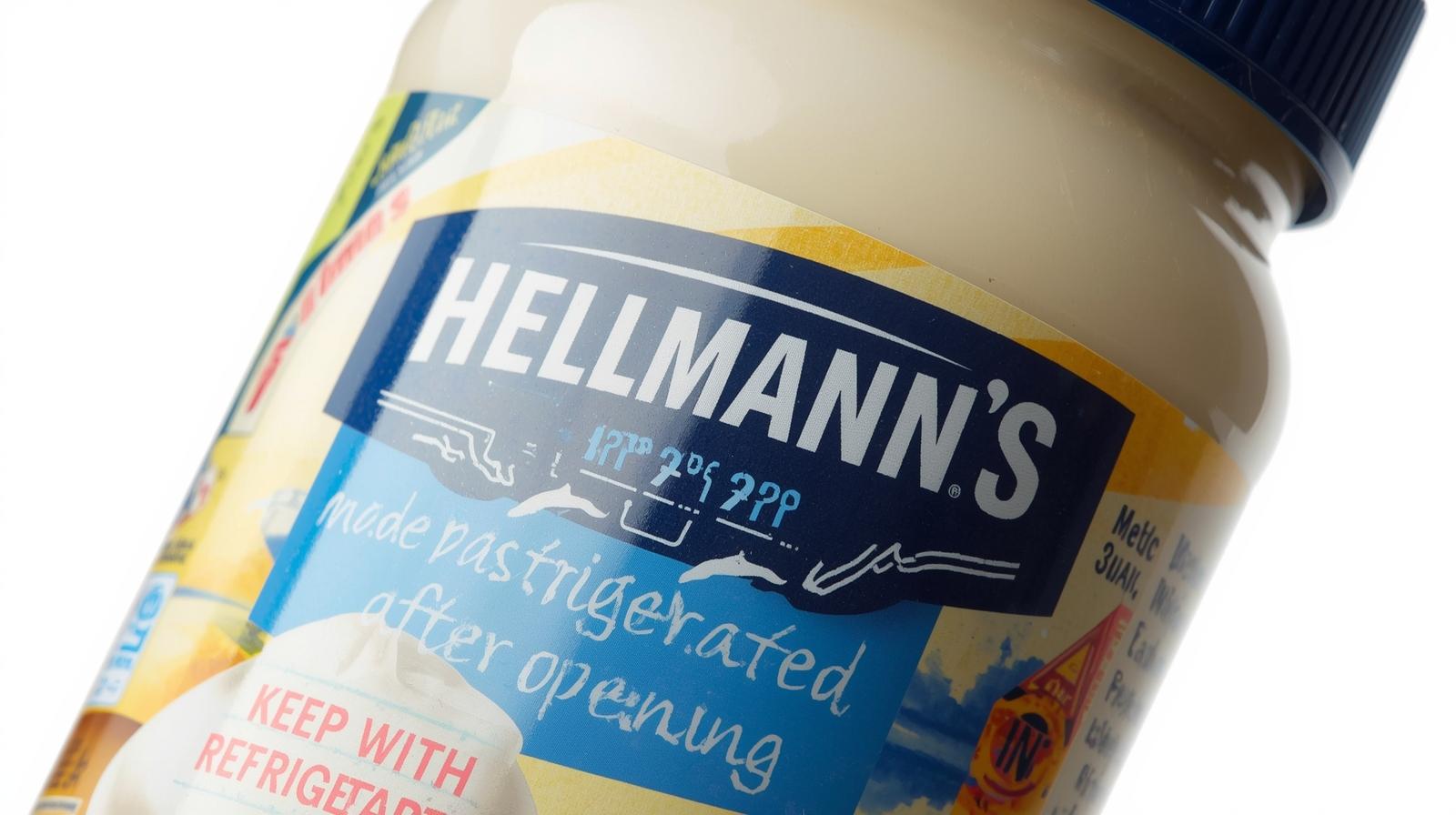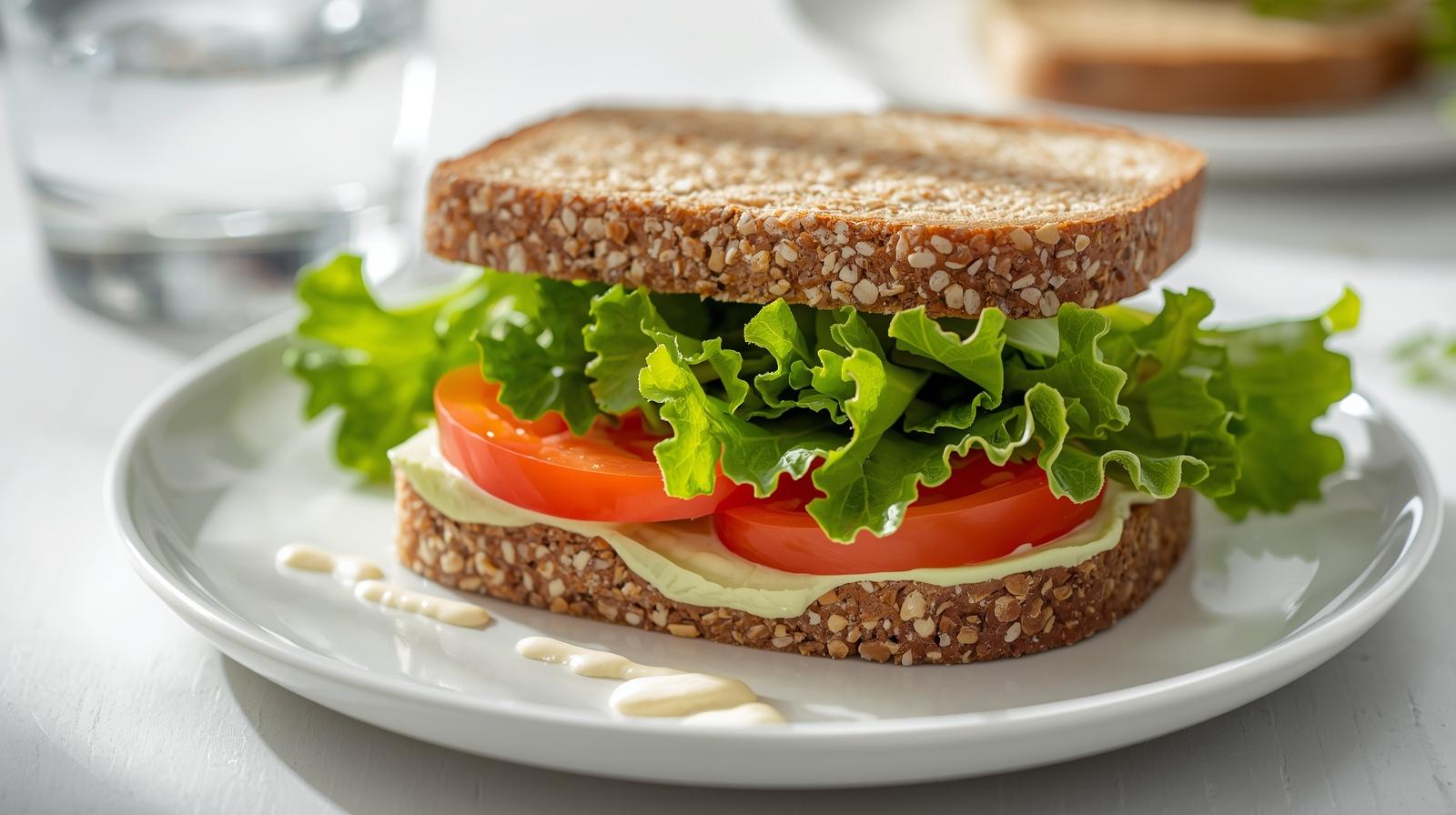
Hellmann’s Mayonnaise in Pregnancy — Safe, Pasteurized, and Best When Handled Cold
Commercial mayonnaise—like Hellmann’s—undergoes rigorous food safety processing. The key safety lever is pasteurization: eggs are heat-treated to eliminate Salmonella, while the low pH (from vinegar and lemon juice) deters Listeria. [1] [5]
This comprehensive guide merges food science with nutrition balance, helping pregnant women understand why store-bought mayonnaise is safe, when it’s not, and how to enjoy it sensibly.
The Science Behind Safety — Pasteurization & Acidity
Hellmann’s uses pasteurized eggs and acidic stabilizers. Pasteurization heats liquid egg to around 60–65 °C long enough to kill pathogens but retain emulsifying ability. Combined with vinegar and lemon juice, the resulting environment has a pH below 4.1—far too acidic for Listeria monocytogenes or Salmonella enterica to survive. [2] [5]
In contrast, homemade mayonnaise often uses raw shell eggs. Raw egg interiors may carry Salmonella, posing serious risk in pregnancy—hence all major guidelines (FDA, NHS, WHO) recommend avoiding homemade mayo unless eggs are pasteurized. [1] [3]


